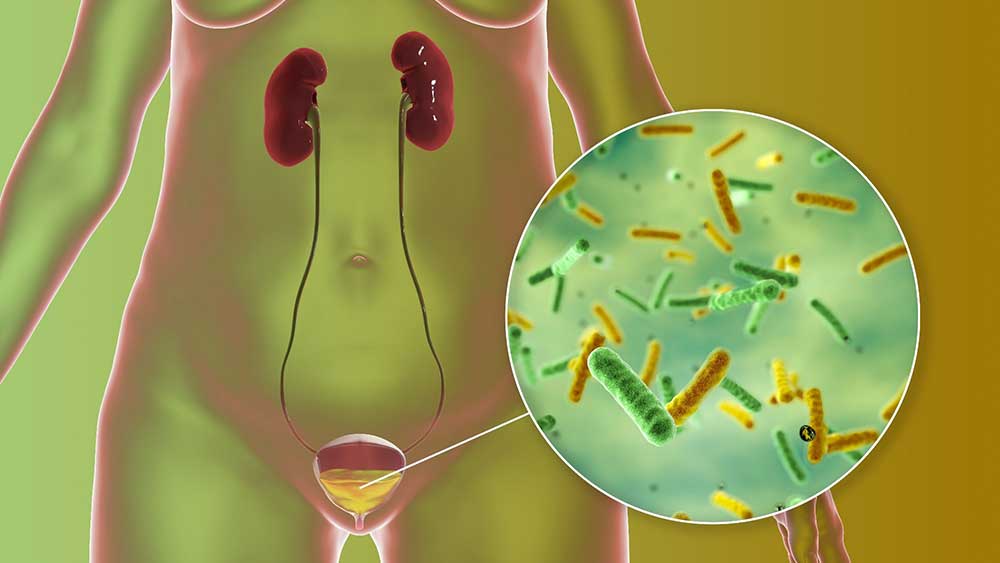
Urinary tract infection. Image Credit: Kateryna Kon/Shutterstock.com
Urinary tract infections are a major source of morbidity and mortality for individuals with spina bifida, often leading to frequent ER admissions and hospitalizations. Distinguishing true urinary tract infection from asymptomatic colonization of bacteria is also challenging in patients with spina bifida due to their altered pelvic sensation. Therefore, people with spina bifida often receive many courses of antibiotics throughout their lifetime and develop antibiotic resistant bacteria that are incredibly difficult to treat.
Thus far, the urinary microbiome ("urobiome") has not been well characterized in individuals with spina bifida and its role in UTI pathogenesis is poorly understood. The goal of this study/trial is to better characterize the urinary and intestinal microbiomes and determine their impact on UTI risk in people with spina bifida. Because of the studies longitudinal nature, we also hope to study the evolution of these microbiomes over time. We are partnering with the Hadjifrangiskou lab at Vanderbilt to perform important translational research in order to identify key non-antibiotic therapeutic options for UTI treatment in patients with spina bifida.